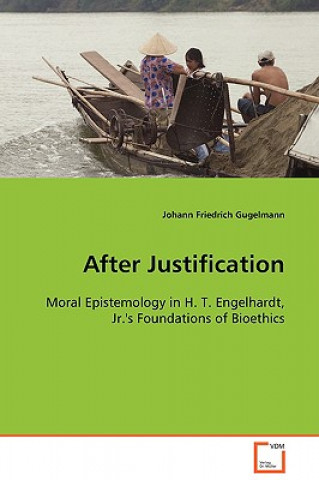
Kód: 06818504
After Justification
Autor Johann Friedrich Gugelmann
A central question for moral epistemology is how our§moral beliefs §are justified. In Hugo Tristram Engelhardt, Jr. s§view, modern secular §philosophy fails to provide a justification for moral§belief. Despite §this failure, which ... celý popis
- Jazyk:
 Angličtina
Angličtina - Vazba: Brožovaná
- Počet stran: 148
Nakladatelství: VDM Verlag, 2008
- Více informací o knize

Mohlo by se vám také líbit
Darujte tuto knihu ještě dnes
- Objednejte knihu a zvolte Zaslat jako dárek.
- Obratem obdržíte darovací poukaz na knihu, který můžete ihned předat obdarovanému.
- Knihu zašleme na adresu obdarovaného, o nic se nestaráte.
Více informací o knize After Justification
Nákupem získáte 181 bodů
 Anotace knihy
Anotace knihy
A central question for moral epistemology is how our§moral beliefs §are justified. In Hugo Tristram Engelhardt, Jr. s§view, modern secular §philosophy fails to provide a justification for moral§belief. Despite §this failure, which he equates with the failure of§the Enlightenment §project, Engelhardt claims that we can peacefully§collaborate by §respecting one another's ability to agree or give§permission. In this §book, I respond to Engelhardt's claims by comparing§them with the §work of Alasdair MacIntyre, Harry G. Frankfurt,§Gilbert Harman, §David Lewis, and Jeffrey Stout. I argue that§justification is a process §of fitting our beliefs together to reach reflective§equilibrium. It relies §on shared conventions of thought and action that are§elements of §our culture. It doesn't rely on a special foundation§of unimpeachable §belief, but takes account of all our relevant§beliefs. Justification isn't §just a matter of what we think but of how we think.§When we say our §beliefs are justified, we mean that until proven§otherwise, we've §gathered our beliefs properly and we think we're§right. Justification §isn't perfect or infallible, but it's how we form the§best beliefs we §can. A central question for moral epistemology is how our§moral beliefs §are justified. In Hugo Tristram Engelhardt, Jr. s§view, modern secular §philosophy fails to provide a justification for moral§belief. Despite §this failure, which he equates with the failure of§the Enlightenment §project, Engelhardt claims that we can peacefully§collaborate by §respecting one another''s ability to agree or give§permission. In this §book, I respond to Engelhardt''s claims by comparing§them with the §work of Alasdair MacIntyre, Harry G. Frankfurt,§Gilbert Harman, §David Lewis, and Jeffrey Stout. I argue that§justification is a process §of fitting our beliefs together to reach reflective§equilibrium. It relies §on shared conventions of thought and action that are§elements of §our culture. It doesn''t rely on a special foundation§of unimpeachable §belief, but takes account of all our relevant§beliefs. Justification isn''t §just a matter of what we think but of how we think.§When we say our §beliefs are justified, we mean that until proven§otherwise, we''ve §gathered our beliefs properly and we think we''re§right. Justification §isn''t perfect or infallible, but it''s how we form the§best beliefs we §can.
 Parametry knihy
Parametry knihy
Zařazení knihy Knihy v angličtině Humanities Religion & beliefs Religion: general
1806 Kč
- Plný název: After Justification
- Podnázev: Moral Epistemology in H. T. Engelhardt, Jr.'s Foundations of Bioethics
- Autor: Johann Friedrich Gugelmann
- Jazyk:
 Angličtina
Angličtina - Vazba: Brožovaná
- Počet stran: 148
- EAN: 9783639094381
- ISBN: 3639094387
- ID: 06818504
- Nakladatelství: VDM Verlag
- Hmotnost: 209 g
- Rozměry: 229 × 152 × 8 mm
- Datum vydání: 13. November 2008
Oblíbené z jiného soudku
-

Conversations With God
316 Kč -

Scientific Healing Affirmations
173 Kč -

The Perennial Philosophy
350 Kč -

American Cosmic
543 Kč -
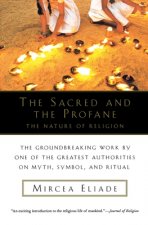
Sacred and the Profane
350 Kč -

In the Face of the Absolute
493 Kč -

Personal Identity and Applied Ethics
1430 Kč -

Digging through History
1354 Kč -

God And The Afterlife
390 Kč -
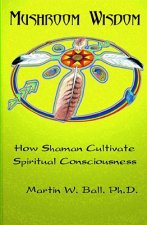
Mushroom Wisdom
457 Kč -

Apologies of Justin Martyr
554 Kč -
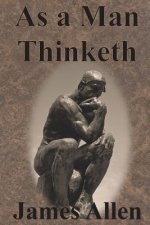
As a Man Thinketh
180 Kč -
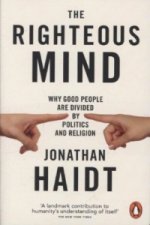
The Righteous Mind
357 Kč -

The Psychology of Selling
382 Kč -

Screwtape Letters
276 Kč -
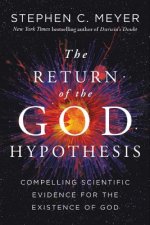
Return of the God Hypothesis
594 Kč -

The Greatest Salesman in the World
206 Kč -

Waking Up
306 Kč -

Holy Bible
909 Kč -

The Happiness Hypothesis: Finding Modern Truth in Ancient Wisdom
392 Kč -

End of Faith
265 Kč -

Illustrated Picatrix: the Complete Occult Classic of Astrological Magic
1486 Kč -
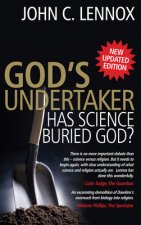
God's Undertaker
303 Kč -

Koran
515 Kč -
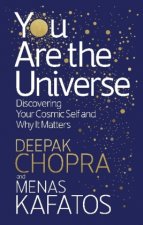
You Are the Universe
389 Kč -

Secular Age
614 Kč -

Princess Majestic Bible Tabs
166 Kč -
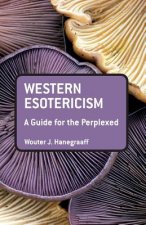
Western Esotericism: A Guide for the Perplexed
1113 Kč -
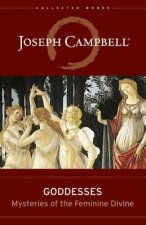
Goddesses
571 Kč -
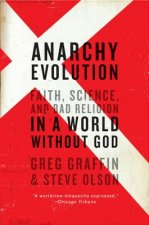
Anarchy Evolution
357 Kč -

Good Morning, Holy Spirit
410 Kč -

History of Christianity
514 Kč -
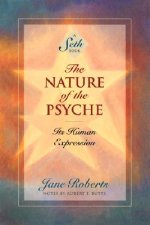
Nature of the Psyche
443 Kč -

Heaven is So Real
315 Kč -

Religions Book
545 Kč -

Mohammed
536 Kč -
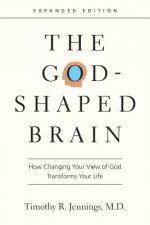
God-Shaped Brain
401 Kč -

Breaking the Spell
358 Kč -
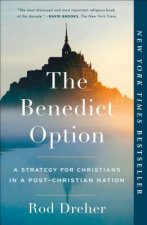
Benedict Option
383 Kč -

Delomelanicon
901 Kč -
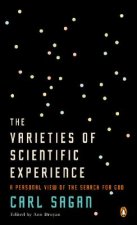
Varieties of Scientific Experience
500 Kč -

Varieties of Religious Experience
338 Kč -

Nine Doors of Midgard
613 Kč -
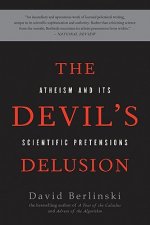
Devil's Delusion
503 Kč -
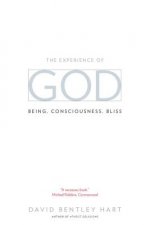
Experience of God
444 Kč -

Sekhem Apep
593 Kč -

ADAMU - Luciferian Tantra and Sex Magick
492 Kč -

Kahuna Magic
275 Kč -

Pensees
303 Kč
Osobní odběr Praha, Brno a 12903 dalších
Copyright ©2008-24 nejlevnejsi-knihy.cz Všechna práva vyhrazenaSoukromíCookies









 Vrácení do měsíce
Vrácení do měsíce 571 999 099 (8-15.30h)
571 999 099 (8-15.30h)